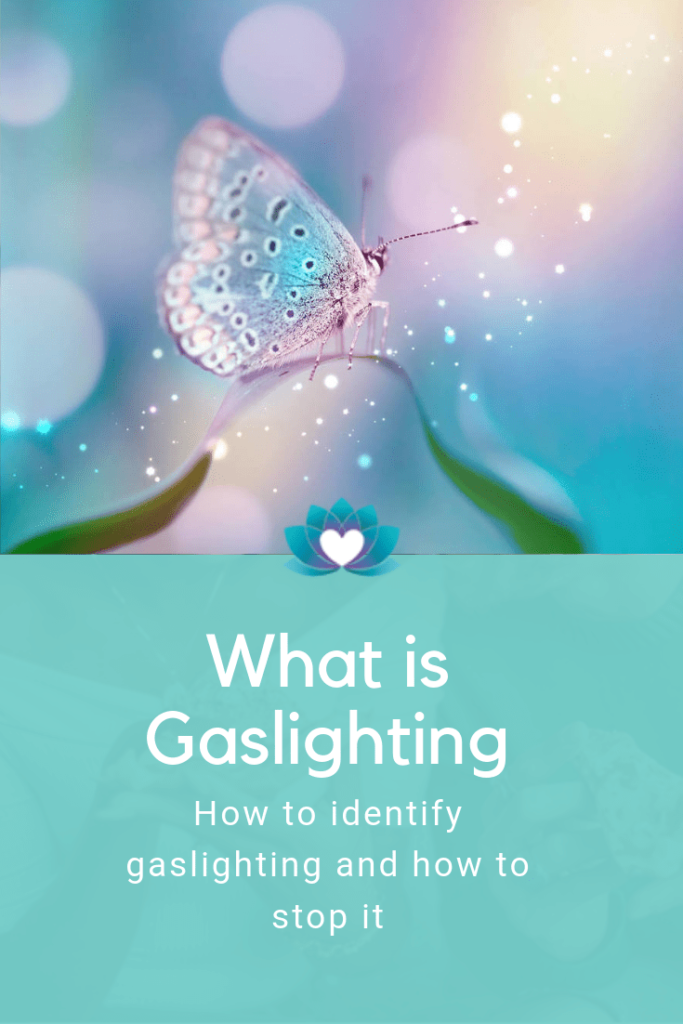What is Gaslighting?
Gaslighting is the intention to control another person via confusion. The act of gaslighting can occur both externally and covertly in a way that confuses and is inconsistent. Three key signs often show in relationships that allow us to witness when gaslighting might be in effect.
Excessive Anxiety and Questioning
The first key sign is that someone is continuously experiencing self-doubt leading to excessive anxiety and questioning of one’s self. This is also called cognitive dissonance. This means always to be having competing thoughts that cycle around in the mind and prevent people from arriving at a decision. This person actively feels confused about the Gaslighter in the relationship, and they are persistent in trying to find out what the core of the issue is. Often they are unable to pinpoint a specific behavior, though they are experiencing chronic self-questioning and secondary effects such as anxiety, depression, and self-doubt.
What is Gaslighting and How to Identify Gaslighting
This self-doubt can lead to a second key point, one where they begin to try and manage the situation by no longer sharing their feelings. The feeling of futility in sharing their feelings puts them in a conditioned state where they no longer expect there to be positive outcomes in doing so. When they do express themselves, they often feel invalidated, and the other person may immediately make the situation about them instead. Gaslighters will always leave people questioning themselves, which is why it is difficult to find resolution in the expression of feelings by others to them.
Love Bombs
A third way is what is called “Love Bombing.” This is a very passive-aggressive but highly effective method of gaslighting. It’s challenging to see a behavior that one can pinpoint as being problematic. The Gaslighter appears to be very loving on one level, and there is an enormous amount of positivity in the relationship, but still, the other person does not feel loved. That’s true with passive-aggressiveness in relationships where the other person will not feel good about the relationship but not know why exactly. This situation can contribute to self-doubt as there is an incongruence between what the Gaslighter is doing and how they are doing it. In a very sophisticated way, the Gaslighter may know what some of the other person’s core buttons are and they intentionally repetitively push those buttons so that the other person is the one that is expressing emotions though they are not.
For instance, there may be a couple where one person may never get angry. They never express anger, but interestingly their partner is chronically angry and uncharacteristically so. That person may have never experienced themselves as an angry person before the relationship. A Gaslighter can covertly create a situation and overtly harm the other passively in this way.
What is the Solution?
The solution to this type of relationship is to understand oneself as a person. If in the past they were almost like a different person and are not happy with who they are in a current relationship, but it is difficult to pinpoint what the issue is, they may be experiencing gaslighting. Again things may appear fine on the outside, but they don’t feel like themselves, or they may have a feeling of just not being safe or protected. Someone who gaslights might even make overt gestures of aggression. There’s often a threatening component when one partner wants to leave the relationship or that sort of thing. The threat can be covert or overt. Gaslighting ultimately is entirely designed to confuse the self-perceptions of the other person so that the Gaslighter can control them.

